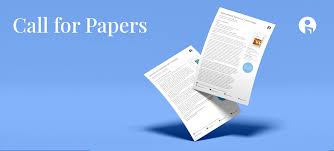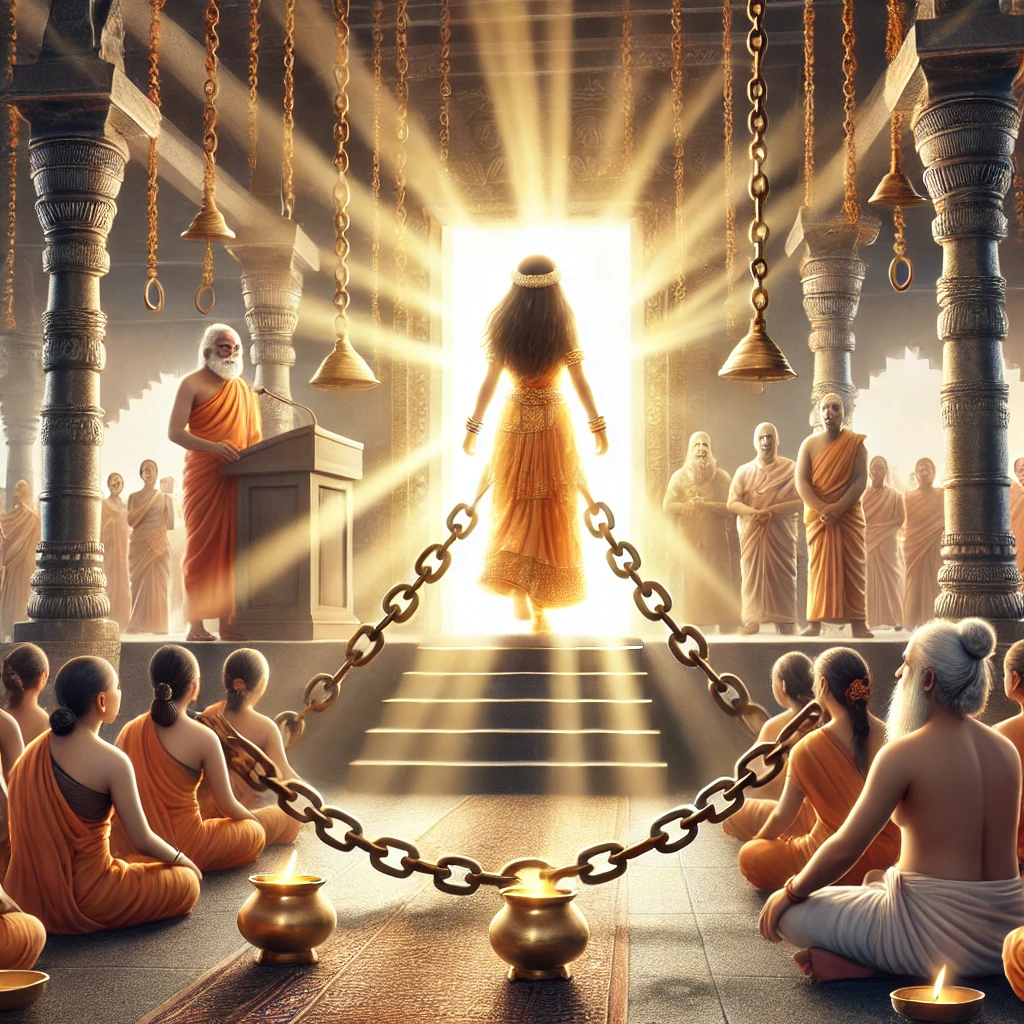
Madras High Court Rules That AI-Generated Works Cannot Be Granted Copyright
Artificial Intelligence (AI) is rapidly changing the way content is created—from paintings and music to news articles and even books. But as AI-generated works flood the internet, a major legal question has emerged: Who owns AI-generated content?
In a first-of-its-kind ruling in India, the Madras High Court has ruled that AI-generated works cannot be granted copyright protection, stating that copyright laws only apply to human authors.
The Case That Started the Debate
🤖 A Chennai-based tech company used an AI model to generate artwork and applied for copyright registration, claiming that their AI system should be recognized as an “author.”
🤖 The Copyright Office rejected the claim, stating that current laws only recognize human creators.
🤖 The company challenged this in the Madras High Court, arguing that AI-generated works require intellectual investment and should be legally protected.
The Court’s Key Findings
🚫 AI lacks creative intent—Justice R. Venkataraman ruled that since AI lacks conscious thought and human creativity, its works cannot be protected under copyright laws.
🚫 AI can assist, but not own—If a human guides AI to create art or music, the human can claim copyright, but not the AI itself.
🚫 No “AI authorship” yet—India’s current laws do not recognize AI as an independent legal entity capable of holding rights.
Why This Decision Matters
⚡ Protects human creators—Ensures that AI tools do not replace human artists, musicians, or writers.
⚡ Encourages legal reform—Calls for new copyright laws that define the legal role of AI in creative industries.
⚡ Keeps India aligned with global norms—The ruling mirrors US and UK laws, where AI-generated works cannot be copyrighted unless a human contributes significantly.
As AI continues to evolve, the battle over ownership of AI-generated content is far from over, and legal experts predict that this debate will shape India’s copyright laws for years to come.












comments